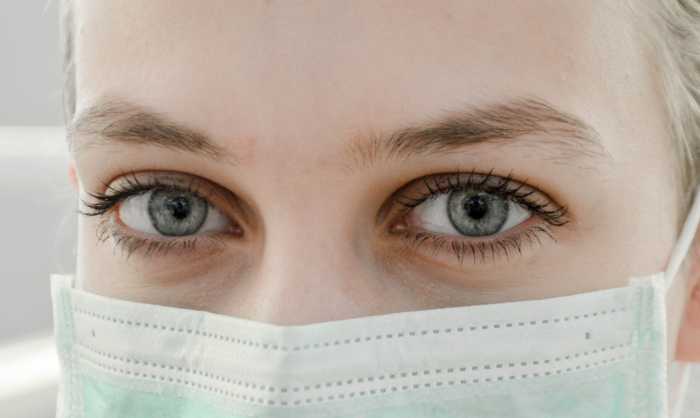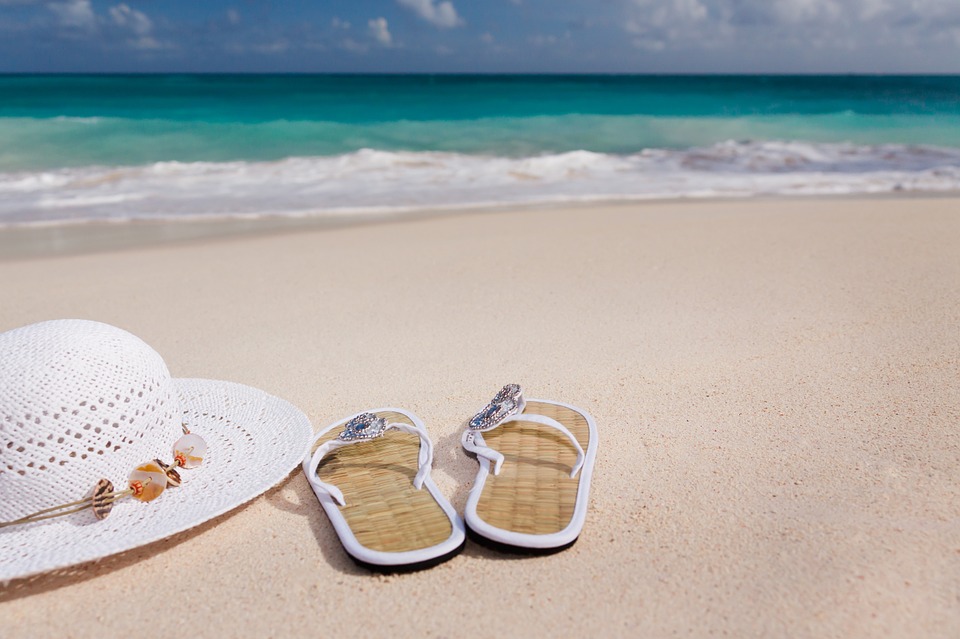The pandemic (it became the key event of 2020) happened to humanity unexpectedly and has greatly changed our behavior. How has the pandemic changed our attitude towards our daily rituals?
The attitude towards hygiene and hypochondriacs has changed
We are faced with a situation where there is an objective need to disinfect and wash hands much more often than usual. And in this situation, oddly enough, people with mental disorders are the winners. Namely, people with obsessive-compulsive disorders associated with the formation of certain rituals that help reduce anxiety.
Hypochondriacs are included in the group of people who need to be reinsured twice every time they do something. Both of these disorders are quite common. Earlier, these people felt like black sheep: they wore masks at airports, went everywhere with a small pocket sanitizer and wet sanitary napkins, washed their hands 10-15 times a day…
Now each of us had to learn and master similar rules, and people with similar disorders with obsessive-compulsive disorder and with hypochondriac disorders suddenly felt completely normal in the current conditions.
Work has penetrated our personal life
Most people still work remotely or combine office work with work from home. We definitely feel more relaxed about how we can and should look, and the norms began to change: not only with respect to eye makeup and styled hair.

Despite the fact that we used to hold online meetings before the pandemic from time to time, nevertheless, we tried to escape from colleagues and enhance our privacy. Privacy has become part of the job now.
No one is surprised if a child or a pet appears in the background during the meeting. Everyone knows the wallpaper and curtains that flicker in the background of each conference participant.
On the one hand, social boundaries have become tougher (the rule of 1.5-meter distance has appeared), we have become farther from each other. On the other hand, we have opened some rather intimate aspects of our life for the people in relation to whom we usually do not do it. We could be working with each other for 10 years without knowing exactly what their children look like or what their names are.
Strangers seem to be aware of these details now.
All emotions are now read in the eyes

When you have to wear a protective mask for most of the day, only your eyes are visible. This puts us all in a situation where it is difficult to express our feelings with a smile or its absence – you can only guess about the shape of the mouth.
70% of the information in the process of communication is transmitted using non-verbal signals, facial expressions, and gestures. Nowadays most of this information is simply lost. This separates people greatly and disrupts their communication.
We began to communicate live almost as we do in online correspondence when the intonation cannot be heard and the tone of voice with which a particular sentence is said is not clear.
When talking in a mask, when keeping your distance, you have to strain your vocal cords to be heard. The voice sounds different and sometimes gives the wrong note (irritation, for example).
We stopped planning

We stopped planning our life for a long time and began to live in anticipation. A bit like people in nursing homes, prisons, and other involuntary communities. People are not free in planning their lives there, they live in a dreary expectation that something will happen and they will be saved. We, too, found ourselves in a dreary expectation that someday the pandemic will end.
But don’t discourage. A human gets used to everything. Each of us will be able to adapt. The main thing is to try to be open to new things and not be afraid of changes. To some extent, we have received a warning, which means we are now prepared and we will definitely cope with everything.











